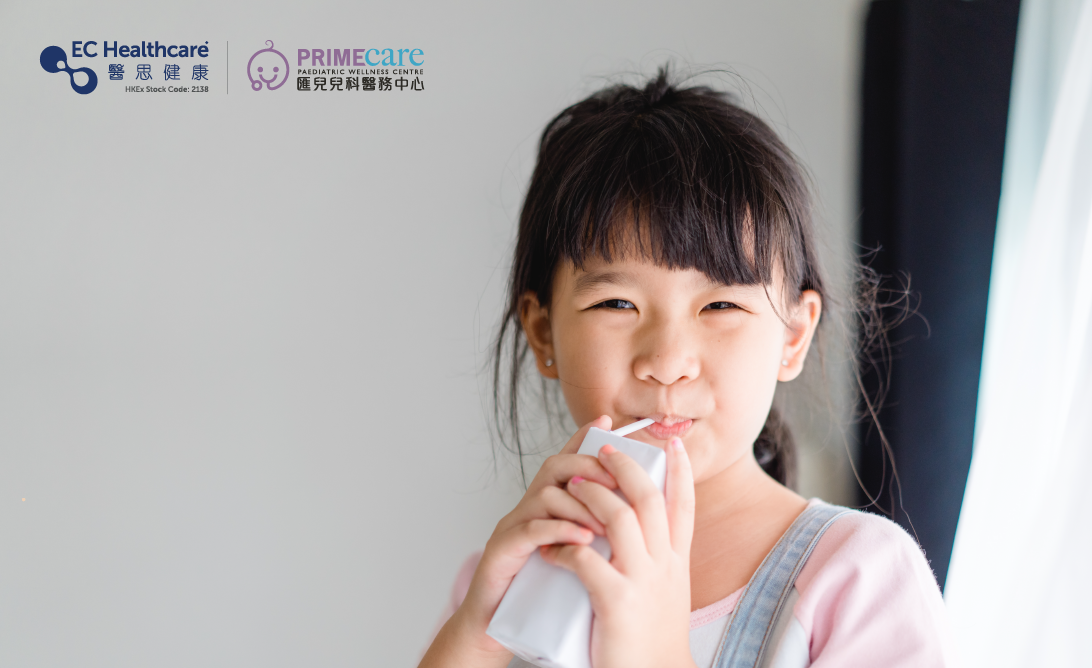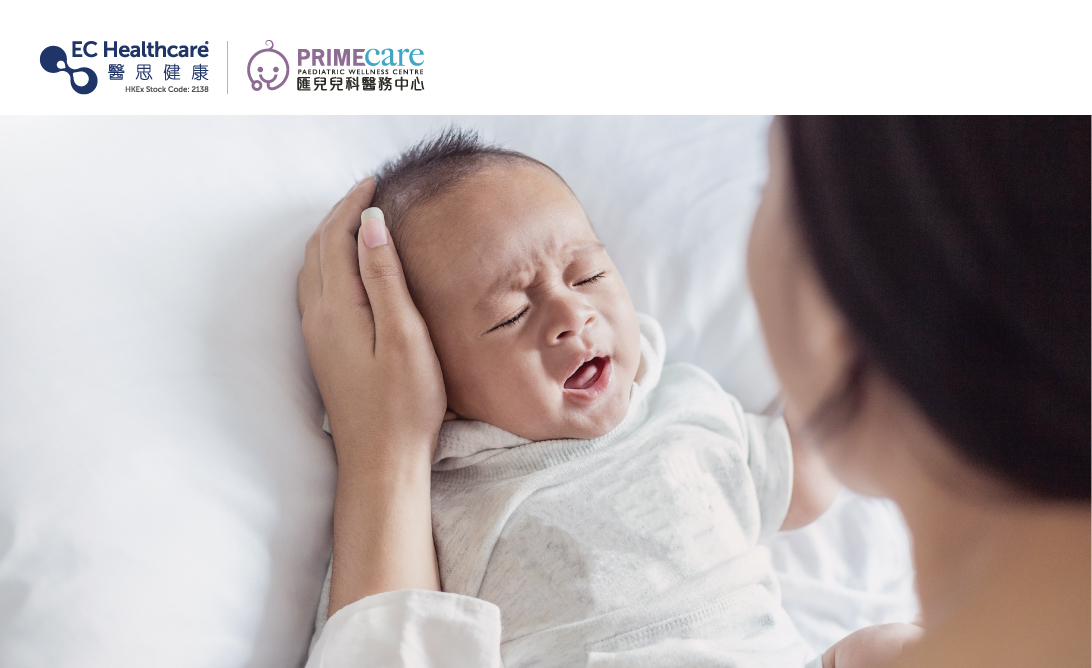Is Your Child Having Food/ Environmental Allergies?


As parents, we always prioritise our kid’s health. However, allergies can affect them in various ways, from mild to severe, impacting not only their physical health but also their social life, sleep quality, and academic or work performance. That's why it's important to be aware of any potential allergies they may have.
What are allergies?
Allergies occur when the body's immune system overreacts to foreign substances (known as allergens). Allergens can be anything from food to pollen and dust mites. When the body comes into contact with an allergen, it releases antibodies called immunoglobulin E (IgE). These antibodies bind to the allergen and trigger the release of chemicals, causing the symptoms of an allergic reaction.
Common allergens in children
Food allergy: This is the most common allergy in children. Common allergens include milk, eggs, soybeans, peanuts, fish, crustaceans (e.g., crab, shrimp), nuts, wheat, etc. Food allergies can cause severe symptoms and even life-threatening reactions in some people. But food allergies may sometimes resolve on their own as the child grows up.
Environmental allergy: Children may be allergic to airborne substances such as pollen, dust mites and mould. These allergies are more common in children with asthma.
Insect sting allergy: Some children may be allergic to insect stings, like bees and wasps. These allergies can be serious and even life-threatening.
What are the symptoms of allergies?
Common symptoms include rashes, swollen lips, tongue or throat, shortness of breath, difficulty breathing, vomiting, diarrhoea, dizziness, loss of consciousness, etc. If you want to know whether your child is allergic to certain foods or substances in the environment, you can bring them to an IgE test (e.g., the 3rd generation IgE Faber Test, the 4th generation IgE Alex2 Test) or a skin prick test. This can help identify the causes of your child’s allergy and facilitate precise treatment. The benefits of these tests include:
☑ Help identify the allergens causing your child’s allergy
☑ Help avoid certain allergens
☑ Protect your child from future allergies
Related Brands



